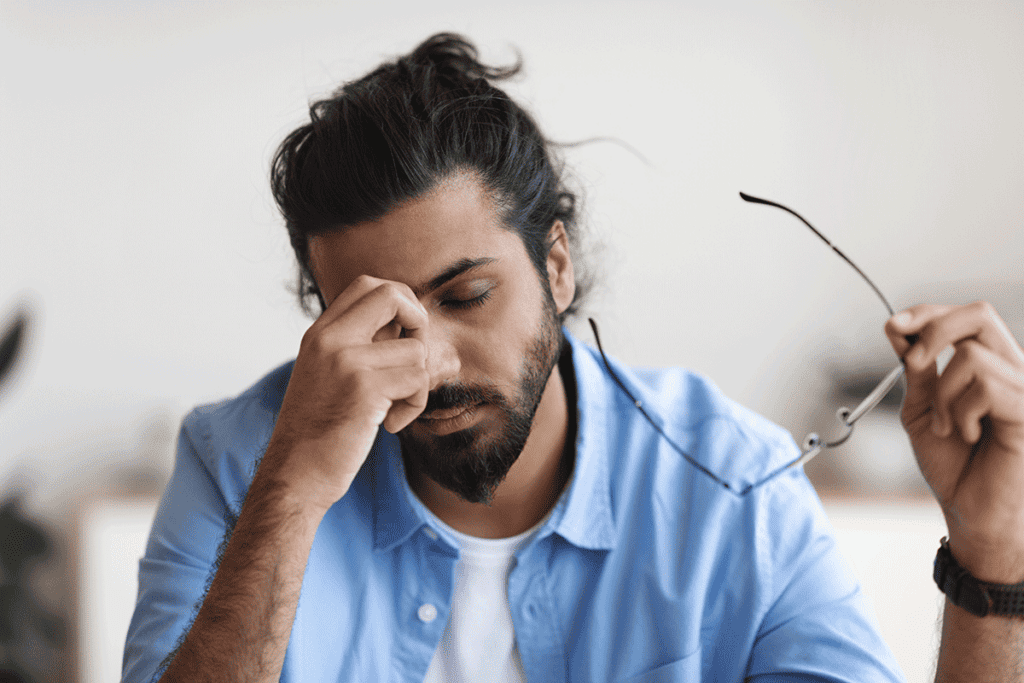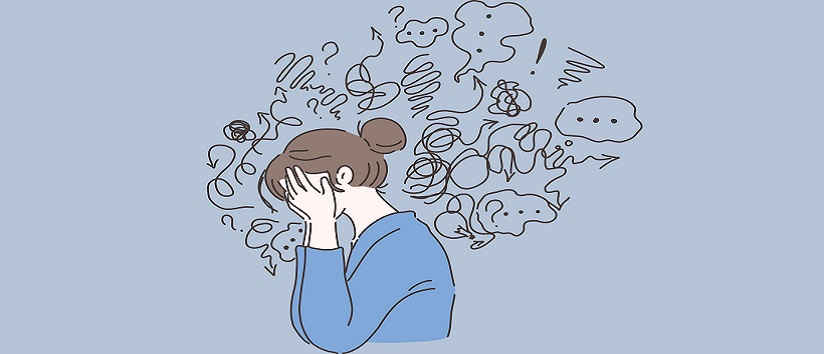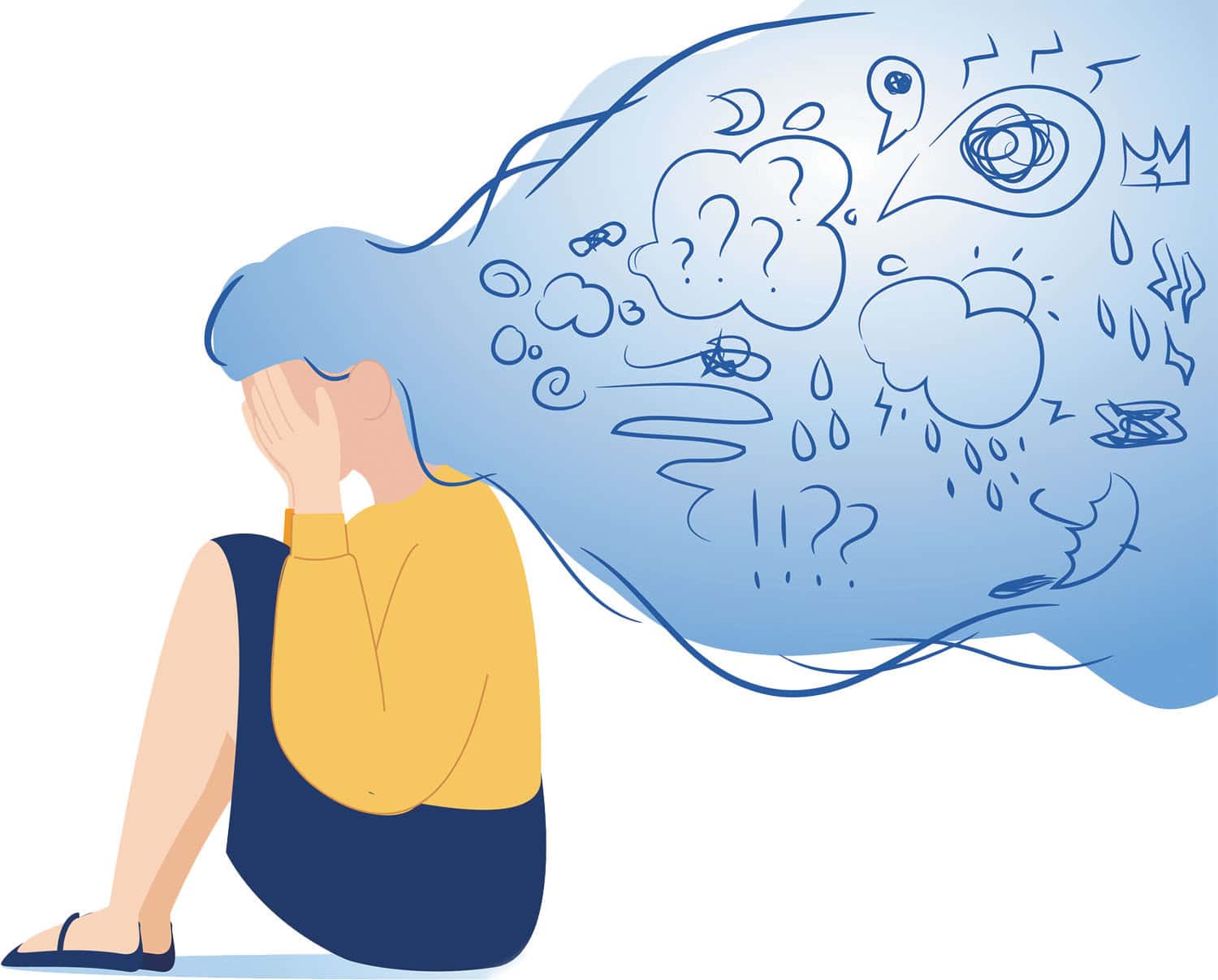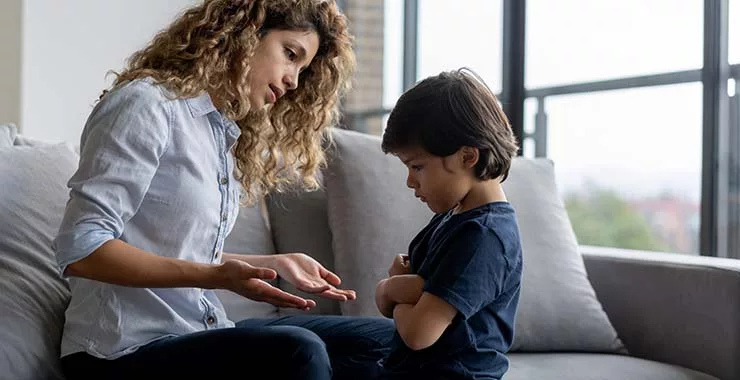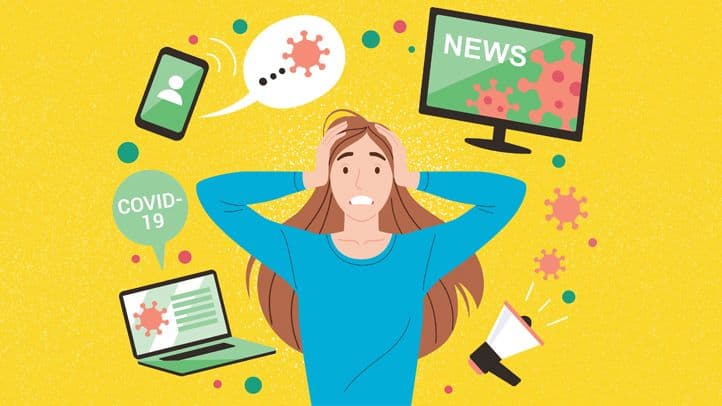Anxiety is a prevalent issue that affects millions of people worldwide. It can manifest in various forms, such as generalized anxiety disorder, panic disorder, social anxiety disorder, and more. How to avoid anxiety? As an author who has personally experienced the debilitating effects of anxiety, I understand the importance of managing it for overall well-being.
Key Takeaways
- Anxiety is a common mental health issue that affects many people.
- Managing anxiety is important for daily life and overall well-being.
- Deep breathing exercises, mindfulness meditation, progressive muscle relaxation, visualization techniques, and exercise can all help reduce anxiety.
- A healthy diet and seeking professional help can also be beneficial in managing anxiety.
- Creating a supportive environment and incorporating these techniques into your daily routine can help keep anxiety at bay.
Understanding Anxiety: What It Is and How It Affects You
Anxiety can be defined as a feeling of unease or worry about future events or uncertain situations. It is often accompanied by physical symptoms such as increased heart rate, sweating, trembling, and difficulty concentrating. For me, anxiety feels like a constant knot in my stomach that tightens with every passing thought.
Triggers for anxiety can vary from person to person but commonly include stressful situations like public speaking or job interviews. However, even seemingly mundane activities like going to the grocery store or meeting new people can trigger intense feelings of anxiousness.
The impact of anxiety goes beyond just mental health; it also takes a toll on our physical well-being. Chronic stress caused by unmanaged anxiety can lead to high blood pressure, weakened immune system function, digestive issues, and even cardiovascular problems.
The Importance of Managing Anxiety in Daily Life
Living with unmanaged anxiety can have severe negative effects on our lives. Personally speaking from my own experiences battling this condition for years before seeking help; I found myself constantly overwhelmed by worry and unable to fully enjoy life’s simple pleasures.
On the other hand, managing anxiety has numerous benefits that significantly improve our quality of life. When we take control over our anxious thoughts and emotions through effective techniques and strategies discussed later in this article; we experience reduced stress levels which leads to better sleep patterns; improved concentration abilities; enhanced relationships with others due to decreased irritability caused by excessive worrying about what might happen next!
Technique #1: Deep Breathing Exercises to Calm Your Mind and Body
| Technique #1: Deep Breathing Exercises to Calm Your Mind and Body |
|---|
| Benefits: |
| – Reduces stress and anxiety |
| – Lowers blood pressure |
| – Improves focus and concentration |
| – Enhances respiratory function |
| How to do it: |
| – Find a quiet and comfortable place to sit or lie down |
| – Inhale deeply through your nose, filling your lungs with air |
| – Hold your breath for a few seconds |
| – Exhale slowly through your mouth, emptying your lungs completely |
| – Repeat for several minutes, focusing on your breath and letting go of any thoughts or distractions |
One technique that has been incredibly helpful for me in managing anxiety is deep breathing exercises. Deep breathing involves taking slow, deliberate breaths, focusing on the sensation of air entering and leaving your body.
To practice deep breathing, find a quiet and comfortable place to sit or lie down. Close your eyes and take a deep breath in through your nose, allowing your abdomen to expand as you fill your lungs with air. Hold the breath for a few seconds before exhaling slowly through your mouth.
Deep breathing helps calm the mind and body by activating the parasympathetic nervous system, which promotes relaxation. It also increases oxygen flow to the brain, improving cognitive function and reducing feelings of anxiety.
Technique #2: Mindfulness Meditation to Focus Your Thoughts and Reduce Stress
Another powerful technique for managing anxiety is mindfulness meditation. Mindfulness involves paying attention to the present moment without judgment or attachment to thoughts or emotions.
To practice mindfulness meditation, find a quiet space where you can sit comfortably. Close your eyes and bring your attention to your breath. Notice each inhale and exhale without trying to change anything about it.
As thoughts arise during meditation (and they will), simply acknowledge them without judgment and gently bring your focus back to the breath. Over time, this practice helps train our minds to be more present-focused rather than getting caught up in anxious thoughts about past or future events.
Technique #3: Progressive Muscle Relaxation to Release Tension and Promote Relaxation
Progressive muscle relaxation is another effective technique for managing anxiety that I have found beneficial in my own journey towards better mental health. This technique involves systematically tensing and then relaxing different muscle groups throughout the body.
To practice progressive muscle relaxation, start by finding a comfortable position either sitting or lying down. Begin with one muscle group such as your hands; clench them tightly into fists for a few seconds before releasing them completely while focusing on the sensation of relaxation.
Continue this process, moving through each muscle group in your body, from your feet to your head. By intentionally tensing and then relaxing each muscle group, you can release tension and promote a sense of deep relaxation throughout your entire body.
Technique #4: Visualization Techniques to Create a Sense of Calm and Peace
Visualization techniques have been incredibly helpful for me in managing anxiety. Visualization involves using mental imagery to create a calming and peaceful experience within our minds.
To practice visualization, find a quiet space where you can sit comfortably. Close your eyes and imagine yourself in a serene environment such as a beach or forest. Engage all of your senses by visualizing the colors, sounds, smells, and textures associated with that environment.
Allow yourself to fully immerse in this mental image while focusing on deep breathing. As you continue practicing visualization regularly; it becomes easier to access this sense of calm whenever anxiety arises.
Technique #5: Exercise and Physical Activity to Boost Mood and Reduce Anxiety
Exercise is not only beneficial for physical health but also plays an essential role in managing anxiety. Engaging in regular physical activity releases endorphins; which are natural mood-boosting chemicals that help reduce stress levels.
Various types of exercise can be effective for anxiety management; including aerobic exercises like running or swimming; strength training exercises like weightlifting or yoga; as well as mind-body practices such as tai chi or qigong.
Personally speaking from my own experiences with incorporating exercise into my daily routine; I have noticed significant improvements in my overall mood and ability to cope with anxious thoughts when I engage in regular physical activity.
The Role of Diet and Nutrition in Managing Anxiety
While diet alone cannot cure anxiety disorders; certain foods can help reduce symptoms by promoting overall brain health. Incorporating these foods into our diets may provide some relief from anxious feelings:
1) Omega-3 fatty acids found in fatty fish like salmon, mackerel, and sardines have been shown to reduce inflammation in the brain; which can contribute to anxiety.
2) Foods rich in magnesium such as spinach, almonds, and avocados can help regulate neurotransmitters involved in mood regulation.
3) Probiotic-rich foods like yogurt and sauerkraut support a healthy gut microbiome; which has been linked to improved mental health.
On the other hand; it’s important to avoid or limit certain foods that may exacerbate anxiety symptoms. These include caffeine, alcohol, processed foods high in sugar or artificial additives; as well as excessive consumption of refined carbohydrates.
The Benefits of Seeking Professional Help for Anxiety Management
While self-help techniques can be effective for managing mild to moderate anxiety; seeking professional help is crucial for those with severe or persistent symptoms. Mental health professionals such as psychologists or psychiatrists are trained to provide evidence-based treatments tailored specifically towards individual needs.
Professional help may involve therapy sessions where you can explore the root causes of your anxiety and learn coping strategies. In some cases; medication may also be prescribed to alleviate symptoms when necessary.
Tips for Creating a Supportive Environment to Manage Anxiety
Creating a supportive environment is essential when managing anxiety. Surrounding yourself with understanding and empathetic individuals who validate your experiences can make a significant difference in your journey towards better mental health.
Communicating openly with loved ones about your struggles with anxiety is crucial. Let them know what they can do to support you during difficult times. This might include giving you space when needed, offering words of encouragement or simply being there as a listening ear without judgment.
Additionally, creating daily routines that prioritize self-care activities such as exercise, meditation, journaling or engaging in hobbies that bring joy helps create stability and predictability which are essential for managing anxiety effectively.
Incorporating Simple Techniques into Your Daily Routine to Keep Anxiety at Bay
In conclusion, managing anxiety is crucial for overall well-being. By incorporating simple techniques such as deep breathing exercises, mindfulness meditation, progressive muscle relaxation, visualization techniques; and engaging in regular exercise and a healthy diet into our daily routines; we can significantly reduce anxiety symptoms and improve our quality of life.
However, it’s important to remember that everyone’s journey with anxiety is unique. If self-help techniques are not providing sufficient relief or if your symptoms are interfering with your ability to function in daily life; seeking professional help from a mental health professional is highly recommended.
Remember that you are not alone in this battle against anxiety. With the right tools, support system, and mindset; you can regain control over your anxious thoughts and live a fulfilling life filled with peace and joy.
FAQs
What is anxiety?
Anxiety is a feeling of unease, such as worry or fear, that can be mild or severe. It is a normal response to stress or danger, but it can become overwhelming and interfere with daily life.
What are the symptoms of anxiety?
Symptoms of anxiety can include restlessness, irritability, difficulty concentrating, muscle tension, and sleep disturbances. In severe cases, anxiety can cause panic attacks, which can include symptoms such as rapid heartbeat, sweating, and shortness of breath.
What are some common triggers of anxiety?
Common triggers of anxiety can include stress at work or school, financial worries, relationship problems, health concerns, and traumatic events.
What are some techniques to keep anxiety at bay?
Some techniques to keep anxiety at bay include deep breathing exercises, progressive muscle relaxation, mindfulness meditation, regular exercise, and getting enough sleep.
When should I seek professional help for my anxiety?
You should seek professional help for your anxiety if it is interfering with your daily life, causing significant distress, or if you are experiencing panic attacks. A mental health professional can help you develop a treatment plan that may include therapy, medication, or a combination of both.
Originally posted 2024-01-02 15:16:21.

